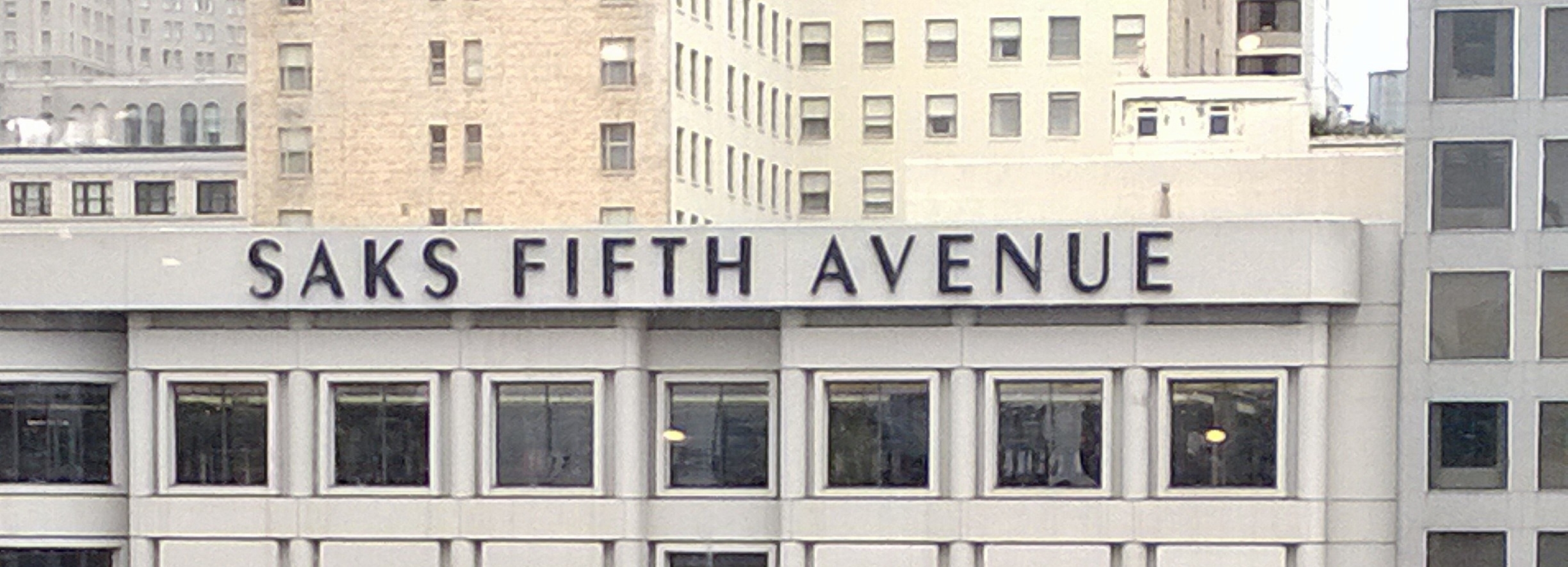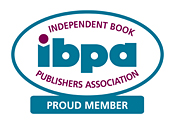Last November, I went to great lengths to correctly label my style of writing. Satisfied, I changed all of my online profiles to proudly proclaim what I thought it to be. I had studied the authors in my library, and then the public library. I searched and researched, finally coming to the conclusion that – yes! – I am a romantic suspense author. Except that…I’m not.
Over the years, shopping at various bookstores, I saw that Mary Stewart’s books, popularly touted as the exemplars of romantic suspense, were in the literary section. Other favorite authors whose works I considered to be romantic suspense were also in that section, and the novels of several more were in romance, thriller or suspense. It was confusing that there wasn’t a separate section for romantic suspense, but I didn’t give it as much thought as I should have, supposing that books in that genre were classified according to the depth of character exploration or the type of the predominant plot. Duh… That should have rung a bell, but unfortunately, my belfry was empty.
As I’ve started down the road toward publishing Sparks, a reoccurring theme emerged, urging me to investigate further (polite speak for ‘I kept banging my head on an immovable brick wall’). So on a bookstore visit two weeks ago, I ventured to ask – and with a brief explanation, was shown to the romance section. I had known that romantic suspense is classified as a sub-genre of romance, but until that uh-oh moment, I hadn’t realized the extent to which that identification has evolved.
Those looking for romantic suspense as it exists today expect a different story than the ones that I write. The suspense story in Sparks is far too dominant; and though the love story has it’s passionate moments, it isn’t meant to stand alone, but is purposefully woven through the suspense as a secondary strand.
No matter what key I believe I’m singing in, it’s the market’s song that matters. And according to that song, Sparks may be many things; but it isn’t romantic suspense.


